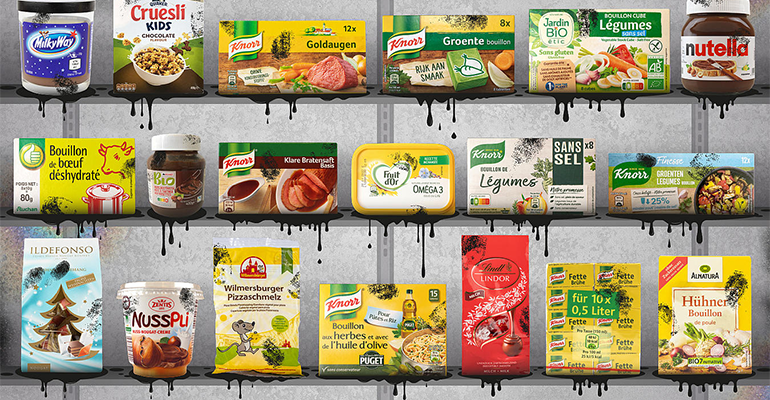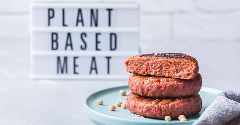News
New EU mineral oil limits an ‘important step for food safety’
23 Jun 2022The EU’s decision to restrict aromatic mineral oils (MOAH) in food products has been hailed as an important step in food safety and consumer protection but consumer organisation, Foodwatch, is calling for binding regulation to go one step further.
The European Union (EU) has confirmed it will restrict mineral oils in all food products. The decision was made by the Standing Committee on Plants, Animals, Food and Feed (PAFF Committee), which agreed to set limits for aromatic mineral oils (MOAH) in foodstuffs. The PAFF Committee comprises representatives from all EU countries and the European Commission.

Concerns have been raised about the presence of the complex mixtures in food due to MOAH’s potentially carcinogenic and genotoxic nature.
While the newly-agreed constraints are imposed with immediate effect, they are not yet legally binding. As a result, individual member states can choose whether to enforce the new MOAH requirements or not.
Non-profit organisation Foodwatch says that while the recent decision is a “crucial step for food safety” and consumer protection, it does not go far enough, arguing that a binding regulation is vital to prevent any detectable MOAH from making its way into EU food products.
“The problem with mineral oil contamination in food has been known for many years—but food producers have done too little about it, and those responsible in politics have stood by and watched,” says Andreas Winkler, director of media and public relations at Foodwatch.
Justin Boucher, operations director at Food Packaging Forum Foundation, adds: “From a consumer health perspective, setting limits on known hazardous chemicals, of course, aims to reduce consumer exposure and therefore better protect public health from these chemicals.”
New MOAH limits are too low, says Foodwatch
The EU committee has set the limits for the allowed MOAH content in food products. In dry foods with a low fat/oil content equal to or less than 4%, 0.5 mg/kg of MOAH is permitted. For foods with a higher fat/oil content of more than 4%, 1 mg/kg of MOAH is authorised, while 2 mg/kg of MOAH is permitted for fats and oils.
“However, the limits proposed by the EU are too low,” says Winkler. “We demand a strict zero tolerance for MOAH, which are potentially carcinogenic and genotoxic: there should be no detectable MOAH in any foodstuff in the European Union,” adds Winkler.
After exploring the newly imposed limits, Foodwatch states it would be technically possible to identify 1 mg/kg of MOAH in vegetable oils. As a result, it states that the limit of 2 mg in vegetable oils is too high.
Foodwatch says the European Food Safety Authority (EFSA) risk assessment into MOAH needs to go “a step further”.
EFSA plans to release a revised risk assessment for mineral oils at the end of 2022.
German survey: Almost all olive oil products contaminated with mineral oil
“With carcinogenic contaminants, even a small amount is too much,” says Winkler. “Technology exists to detect low levels of MOAH – if any detection at all, the foodstuff must be taken off the shelves.”
German food tester, Ökotest, reviewed 19 olive oils and found that all but one were contaminated with mineral oil components. MOAH was found in approximately a third of the olive oil products tested.
Packaging is also under the spotlight, accompanying harvesting and processing machines, as this also be a reason for mineral oil contamination. Mineral oils can be found in printing inks that then potentially migrate to food contained within the packaging, the organisation relays.
Next steps
Beyond the PAFF committee’s decision to restrict limits of MOAH, attention now turns to whether any further calls from consumer organisations like Foodwatch will prompt MOAH level restrictions in food to become legally binding.
“Food companies must do everything in their power to keep their products clean and safe,” Winkler relays.
Related news

Plant-based and processed: Avoiding the next big health debate
2 Feb 2024
Calls for clarity around ultra-processed food (UPFs) and ongoing debates on potential classification may bring the health credentials of plant-based food under the spotlight, which is why education is so necessary.
Read more